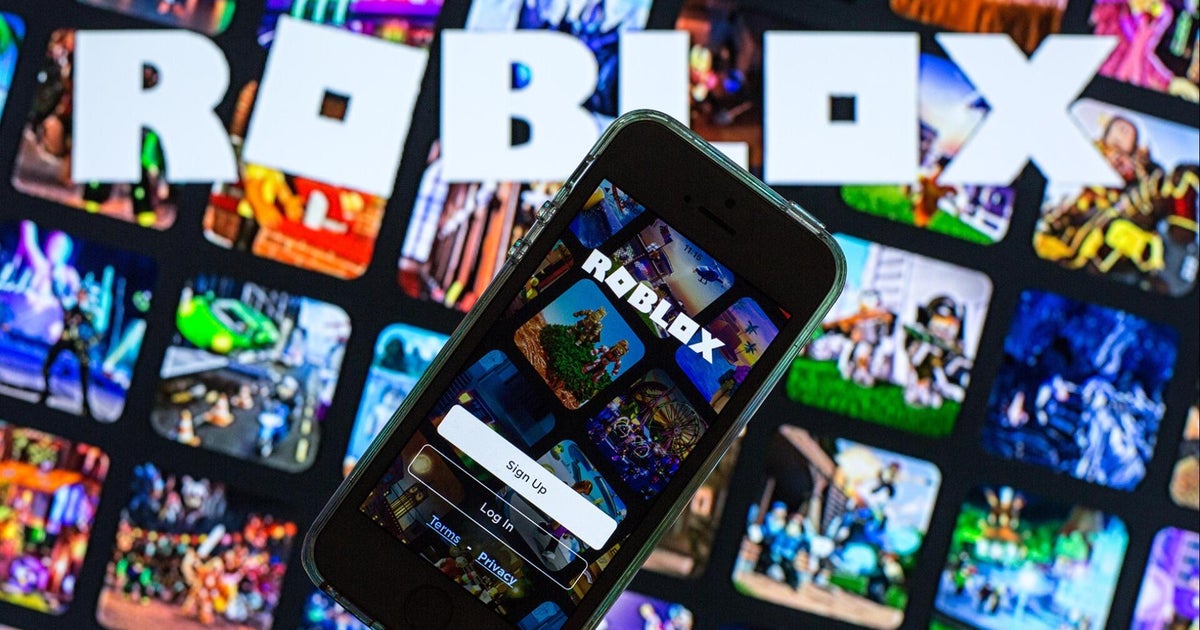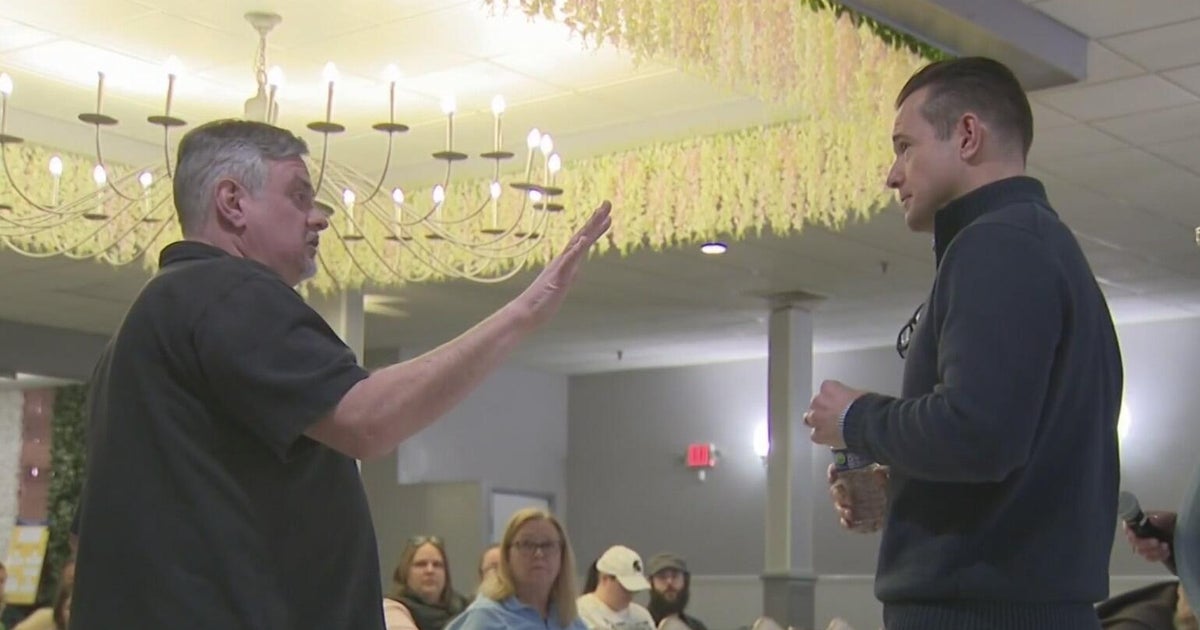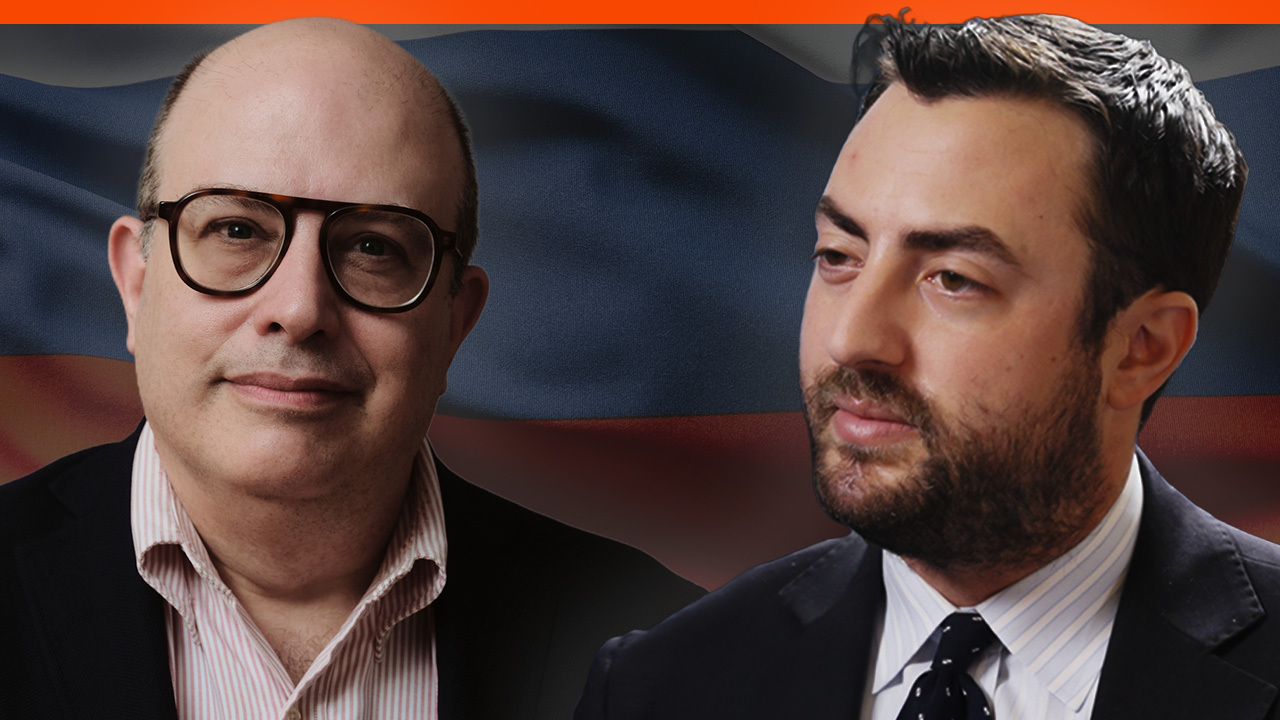Facebook hearings: 6 surprises from Mark Zuckerberg
Facebook CEO Mark Zuckerberg predictably recited some talking points in his Senate hearing on Tuesday, such as acknowledging his company "made mistakes," but he also let slip a few surprises.
The hearing, which lasted more than four hours, allowed the members of the Senate Judiciary and Commerce committees to grill Zuckerberg over the Cambridge Analytica scandal and Russian interference in the 2016 U.S. presidential election.
Zuckerberg appeared well rehearsed for the hearing, often repeating phrases including his observation that Facebook has a "broader responsibility than the law requires" to protect consumer data. He also faced dozens of questions on a range of issues, from how Facebook works to how its users' data was compromised.
Zuckerberg "clearly stated that they feel they have a responsibility that the platform is used for good -- and that's very much open to interpretation," said Phil Bak, CEO of investment firm Exponential ETFs. "When we measure users of [Facebook], they don't want to be thinking about FB's interpretation of their conversation."
Under questioning by lawmakers, the tech billionaire said Facebook users are in "full control of the majority of their data." Yet he acknowledged that he didn't expect a researcher to sell data on 87 million Facebook members to political consulting firm Cambridge Analytica.
Here are other things we learned in the closely watched hearing.
Facebook is working with Robert Mueller
Asked by Sen. Patrick Leahy, D-Vermont, if Facebook had been served with subpoenas by special counsel Robert Mueller, Zuckerberg said it had been. But he soon backtracked, clarifying that there "may be" a subpoena. Zuckerberg added that he was aware his company was working with Mueller's team.
"I want to be careful because our work with the special counsel is confidential, and I want to make sure in an open session I'm not releasing something that's confidential," Zuckerberg said.
Russia is accused of opening fake accounts at services including Facebook to manipulate opinions ahead of the 2016 presidential election. Mueller's February indictment of 13 Russians accused of election interference mentions Facebook's role in the ruse.
Russia and Cambridge Analytica may be linked
How Cambridge Analytica used the data it gathered on Facebook users still isn't clear. Asked if the same Facebook users who saw fake ads created by Russia's Internet Research Agency were victims of the Cambridge Analytica data theft, Zuckerberg said he believes "there could be a link."
"We are committed to complement the full audit [of Cambridge Analytica] so we have more answers," he said.
Facebook is in an "arms race" with Russia
The social media service is constantly battling "people in Russia whose job is to try to exploit our system," Zuckerberg said. "This is an arms race."
When pressed whether Facebook could guarantee its users wouldn't see fake news or misleading ads created by Russia, Zuckerberg demurred.
"I don't think it would be a realistic expectation that we are going to have zero amount of it or be 100 percent effective," he said.
Zuckerberg supports regulation — "in principle"
The Facebook CEO largely sidestepped questions about whether the technology industry needs more regulation, avowing his support for "affirmative consent" from consumers.
One piece of regulation he said he does support is the Honest Ads Act. The bill would require companies like Facebook to keep a public file of all ads bought on their platform by groups spending more than $500, as well as track when the ads appeared and how many people saw it.
The proposed rule would also require online platforms to "make reasonable efforts" to ensure that foreign nationals aren't buying ads to influence elections.
"The biggest thing that I think we can do is implement it, and we are doing that," Zuckerberg said.
As for other regulation, he said he supports legislation "in principle, but the details matter a lot."
Facebook chose not to inform consumers about the Cambridge Analytica breach
Zuckerberg said executives discussed the data theft when they learned about it in 2015, but decided not to alert its users about the security problem.
"In retrospect I think that was a mistake and knowing what we know now we should have handled a lot of things here differently," he said.
The company decided not to alert Facebook users because they believed Cambridge Analytica had deleted the data. "We considered it a closed case," he said. "In retrospect, it was a mistake."
Some senators don't seem to know much about tech
Some questions from a few senators seemed to indicate a lack of knowledge about the tech industry, which some observers pointed out may not inspire confidence in their ability to craft suitable regulations for Facebook and its competitors.
One such exchange: Senator Orrin Hatch, R-Utah, asked Zuckerberg how Facebook makes money. Zuckerberg paused, and replied, "Senator, we run ads."
-- With reporting by Irina Ivanova



